Zombies are dead again, but for a while there in the 2000s and 2010s, they were the hottest things in horror along with vampires. That time period also coincided with the rise of the TV drama. Television productions were taken far more seriously, and they finally received the necessary budgets to make them just as thrilling, expansive, and ambitious as their movie counterparts.
Many great zombie shows have been made; some of which became popular and became worldwide hits. But as is often the case with any hot trend, many cheap and horrible shows were assembled to capitalize on the genre’s newfound success.
Good: The Walking Dead (2010)
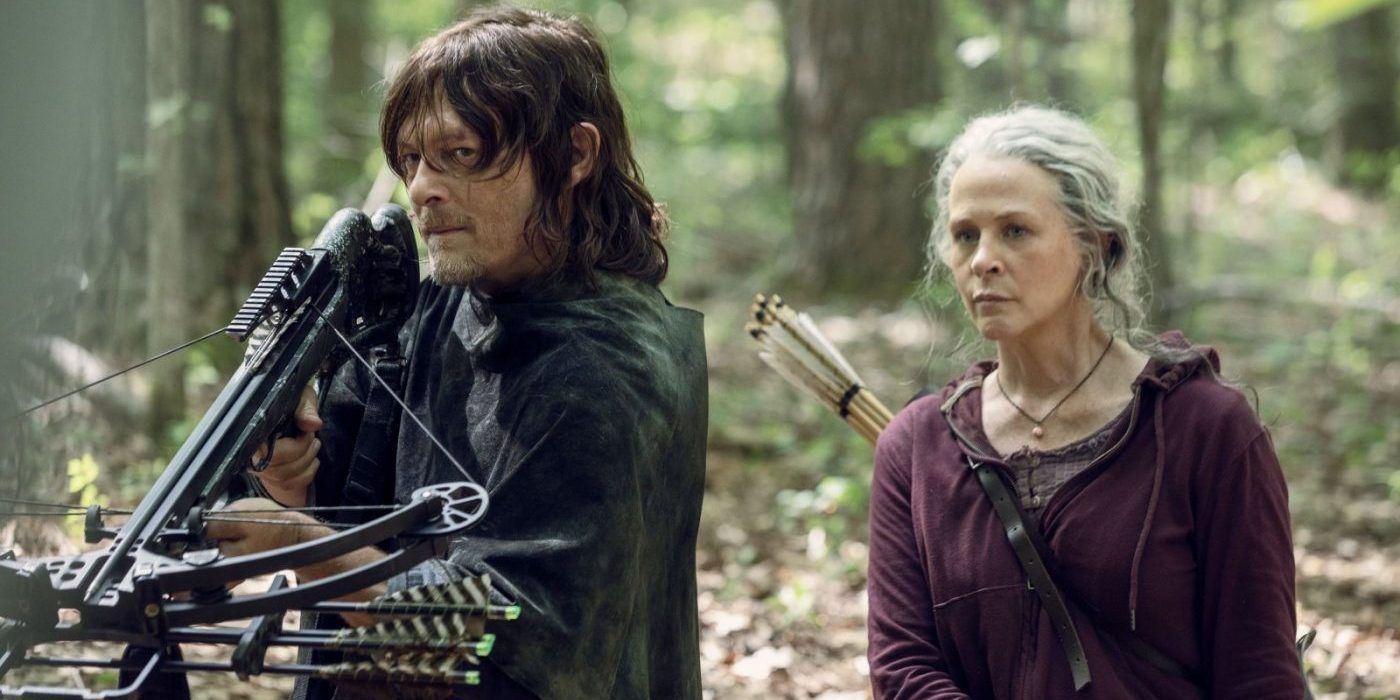
The Walking Dead is undeniably the king of the zombie show, and it essentially kickstarted the TV zombie craze of the 2010s. While it’s true that The Walking Dead eventually grew a little long in the tooth and millions began tuning out, this show still captured the world’s attention through its blending of character work, suitably creepy apocalyptic story, interesting moral dilemmas, and Greg Nicotero’s disgusting gore and make-up work. At its peak, the show was grabbing fifteen million weekly viewers; an astounding and record-breaking feat for any cable program.
Dead On Arrival: Freakish (2016)
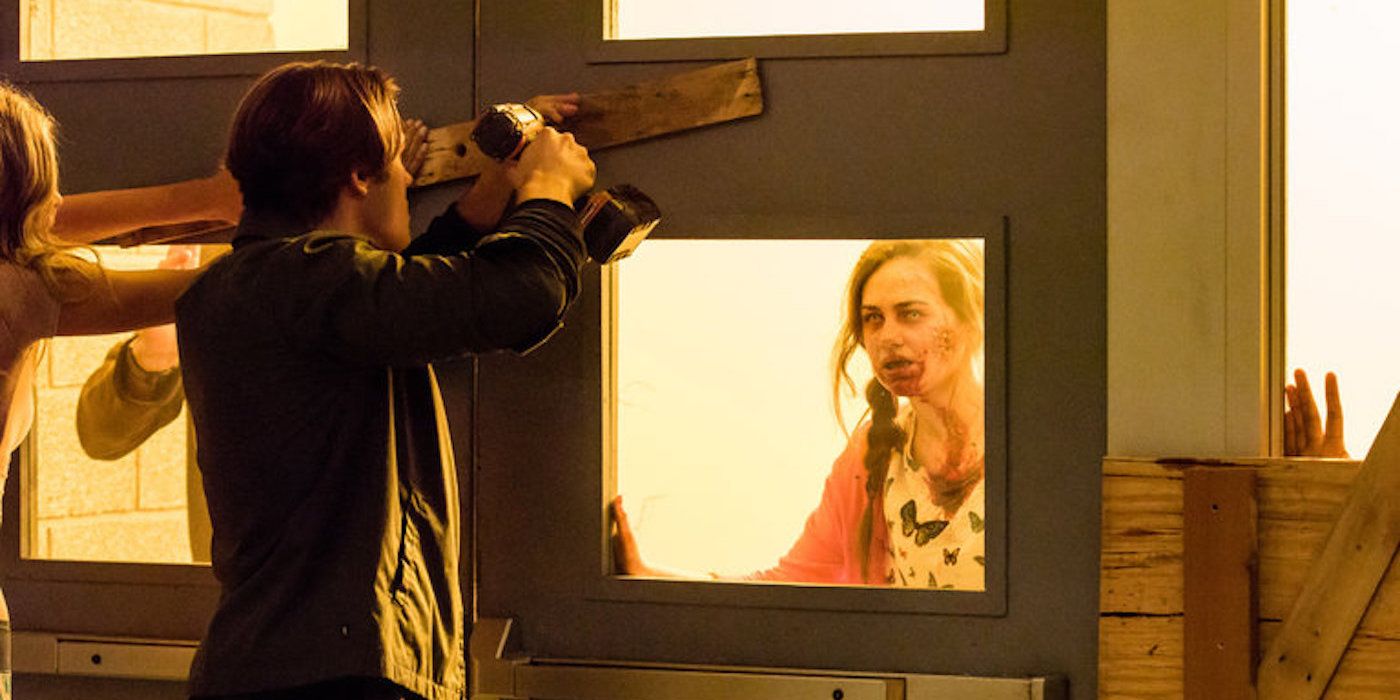
By 2016, zombies were on the way out of the public consciousness. The Walking Dead was in its seventh season, and fewer and fewer zombie-themed films and shows were being made. Hulu tried their hand at a teen zombie program called Freakish, which concerned a group of high school students battling the zombies that have taken over their hometown. The show was notable for starring popular Viners like Liza Koshy and Hayes Grier, but it received a middling critical reception and was cancelled after two seasons.
Good: Dead Set (2008)
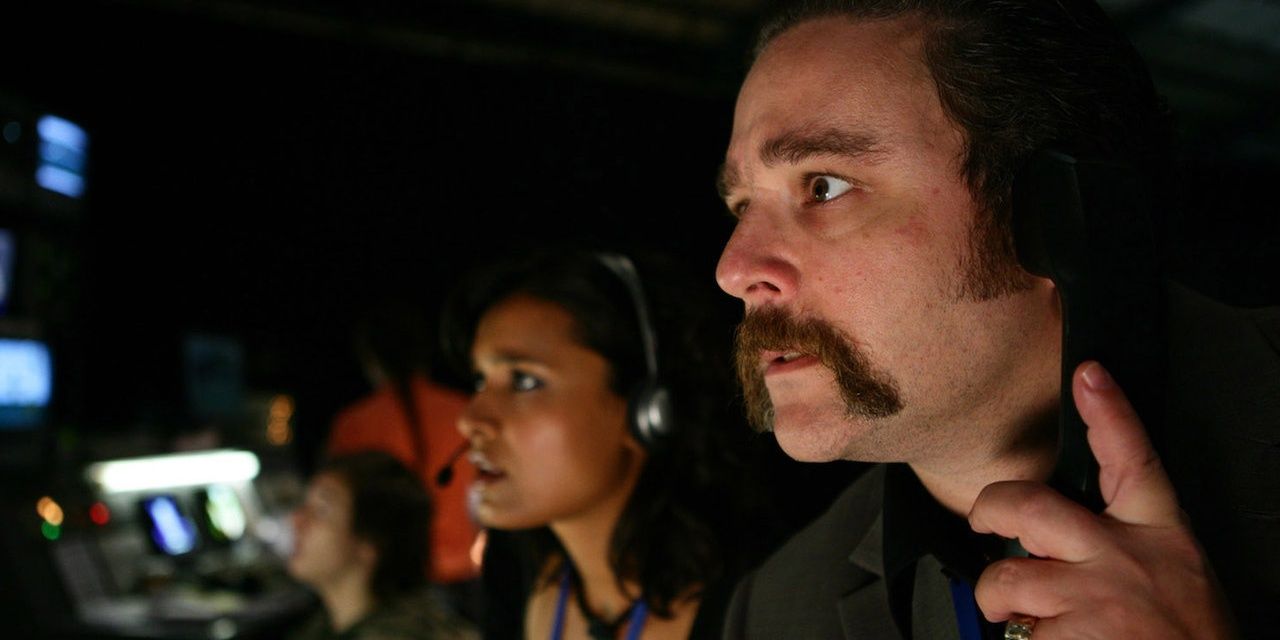
Before he became a household name through Black Mirror, Charlie Brooker created a zombie program for Britain’s E4 titled Dead Set. Dead Set is portrayed both as a serious zombie story and as a biting bit of satire, as the show lampoons Big Brother, the television industry, and mindless consumerism. The story itself involves the inhabitants of the Big Brother house hunkering down in the set as a zombie apocalypse rages outside. The show’s unique tone, as well as its strong acting, scary fast zombies, and exceptional gore effects make it a winner.
Dead On Arrival: Helix (2014)
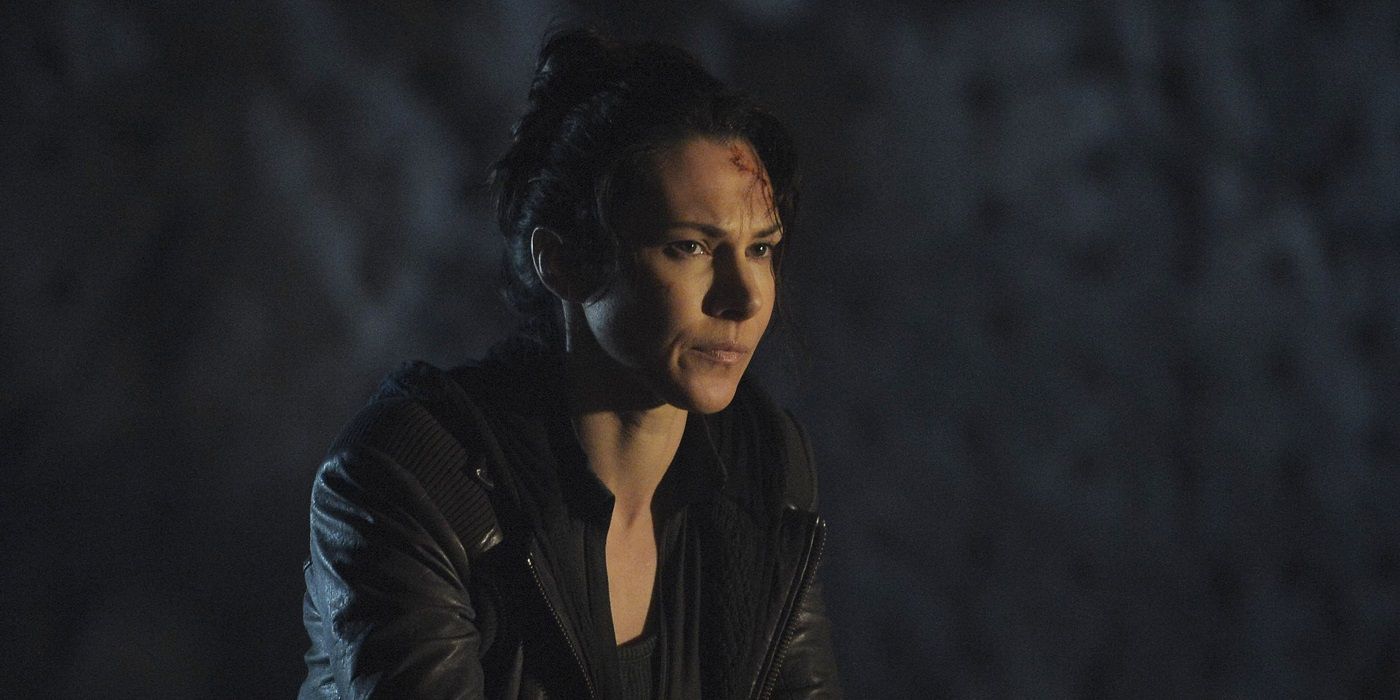
Helix was Syfy’s attempt at a serious zombie program, and while the quality itself is commendable, it failed to make much of an impression on the wider public. The story involves a group from the CDC traveling to an Arctic research station and discovering a zombie-like plague.
The show was ran by Steven Maeda, who has written for many great shows, including The X-Files, Lost, and Lie to Me. The show was certainly creepy and intriguing but not popular to warrant much discussion. It was cancelled by Syfy after two seasons and twenty-six episodes.
Good: Game Of Thrones (2011)
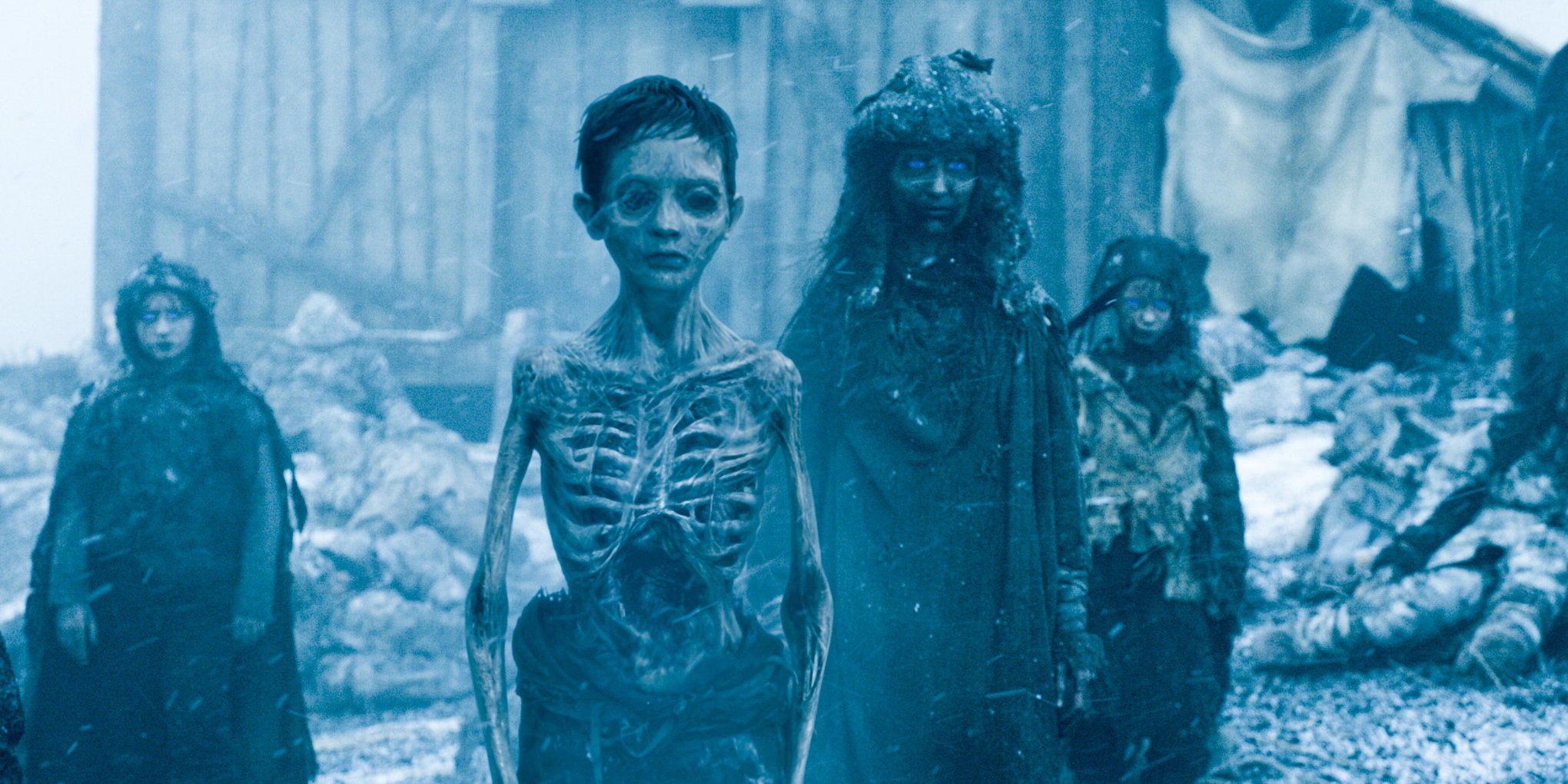
Can Game of Thrones be considered a zombie show? In many ways, no. If anything, it’s a Medieval political thriller with elements of fantasy. But those “elements” contain scary creatures like zombies, and therefore, Game of Thrones may be considered a minor zombie show. In many respects, the zombies themselves remain the core issue of the entire story, as their presence serves as an allegory for bigger, worldwide issues that are generally ignored in favor of political machinations and meaningless power grabs. And they’re really scary to boot. “Hardhome” remains one of the greatest zombie-themed episodes in television history.
Dead On Arrival: Z Nation (2014)
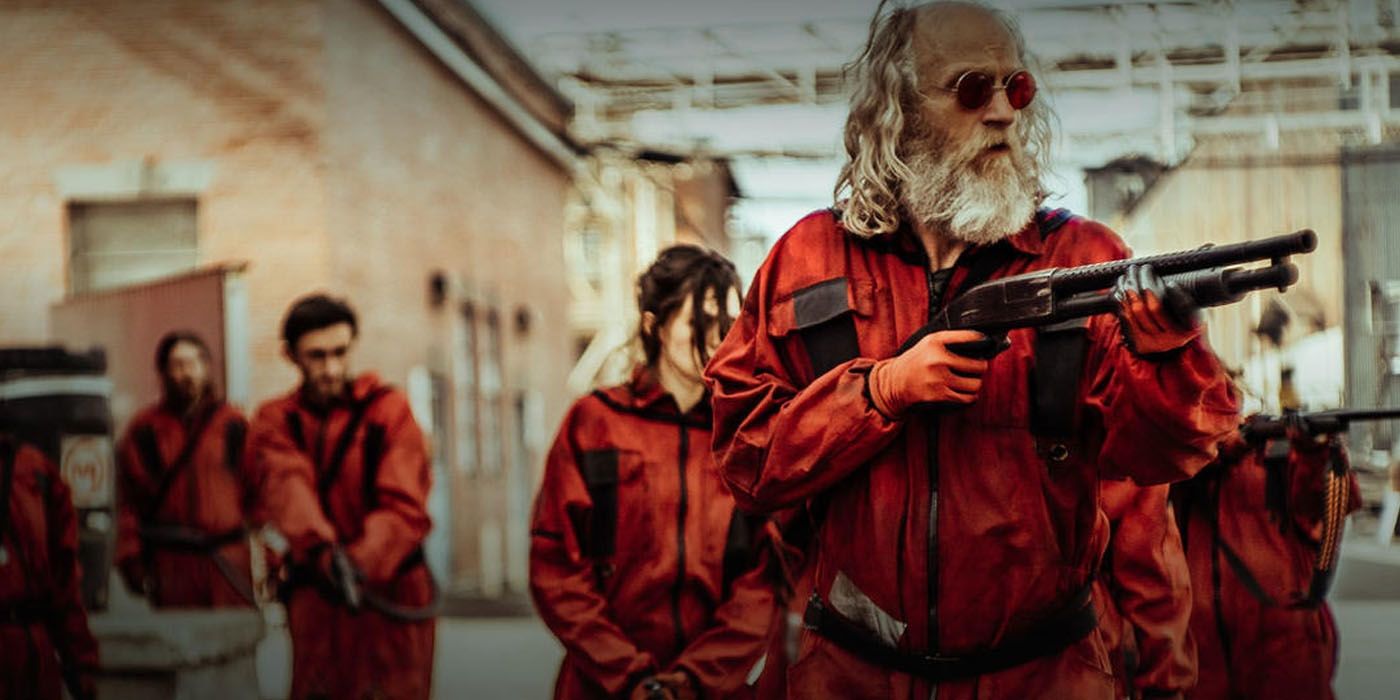
Z Nation was another Syfy program, albeit one that took itself far less seriously. In many ways, it was an obvious answer to both The Walking Dead and The Last of Us, both of which were super hot in 2014. The story serves as little more than a ripoff of The Last of Us, as a group of survivors must transport an immune individual across country to a lab in California, as his blood contains antibodies that may prove useful in the creation of a vaccine. And while the show lasted a respectable five seasons, it never attained the heights or the popularity of its obvious influences.
Good: Santa Clarita Diet (2017)
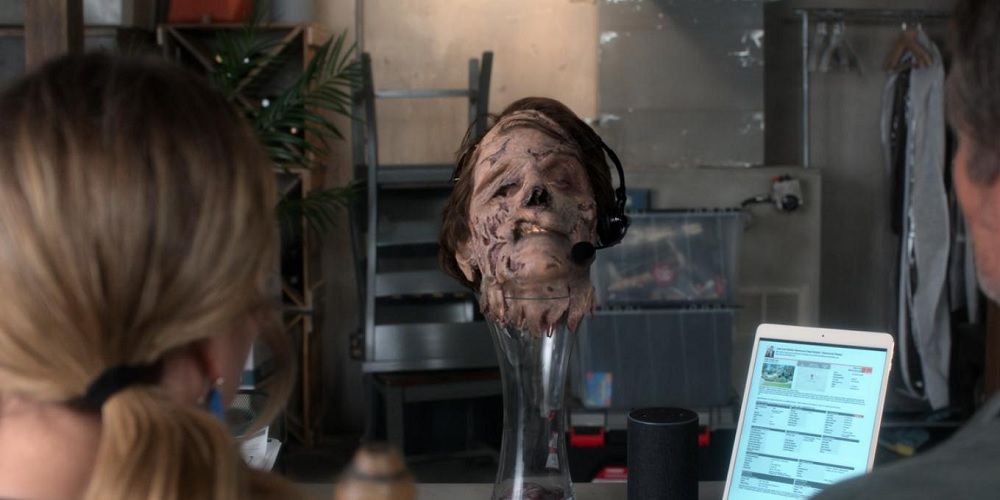
In many respects, Santa Clarita Diet was a bomb. Despite Netflix giving it three seasons, no one seemed to watch the show, and much like a walking corpse, it was eventually put out of its misery. The difference between some of the other bombs on this list and Santa Clarita Diet is that Santa Clarita Diet received rave reviews from critics.
Each of its three seasons was acclaimed for the performances, Timothy Olyphant and Drew Barrymore’s chemistry, the dark humor, the gore, and the surprisingly touching story at its heart.
Dead On Arrival: I Survived A Zombie Apocalypse (2015)
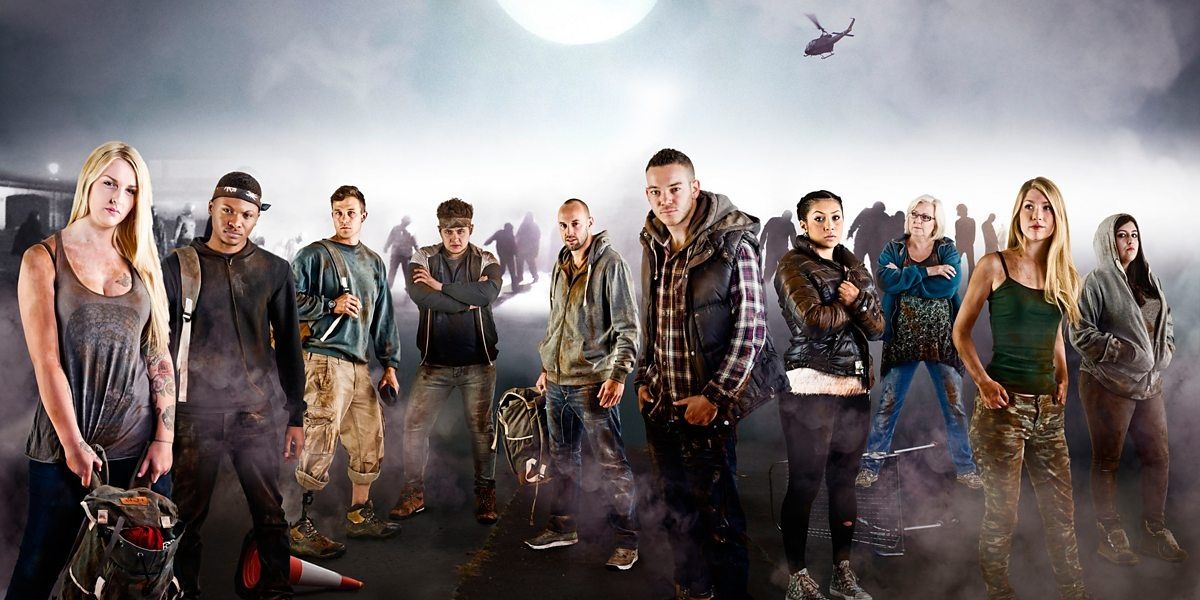
Zombies didn’t just invade scripted drama. They also made game shows. In 2015, BBC Three released I Survived A Zombie Apocalypse, a game show that saw contestants attempting to survive six days inside an abandoned shopping mall. The premise certainly sounds interesting (and bears an obvious similarity to Dawn of the Dead, the greatest zombie movie ever made), but it was dead on arrival. No one seemed to like it, and it only lasted one season.
Good: iZombie (2015)

iZombie is a wonderfully original zombie show, thrillingly combining elements of the zombie genre with crime procedurals. Loosely based on Vertigo’s comic of the same name, iZombie concerns a zombie/human hybrid named Liv Moore. To retain her humanity (or “live more”), Liv must eat human brains she attains from the morgue much like traditional zombies. But eating brains imbues Liv with the person’s memories, and she uses this particular skill to aid the police in criminal investigations.
Dead On Arrival: The Returned (2015)
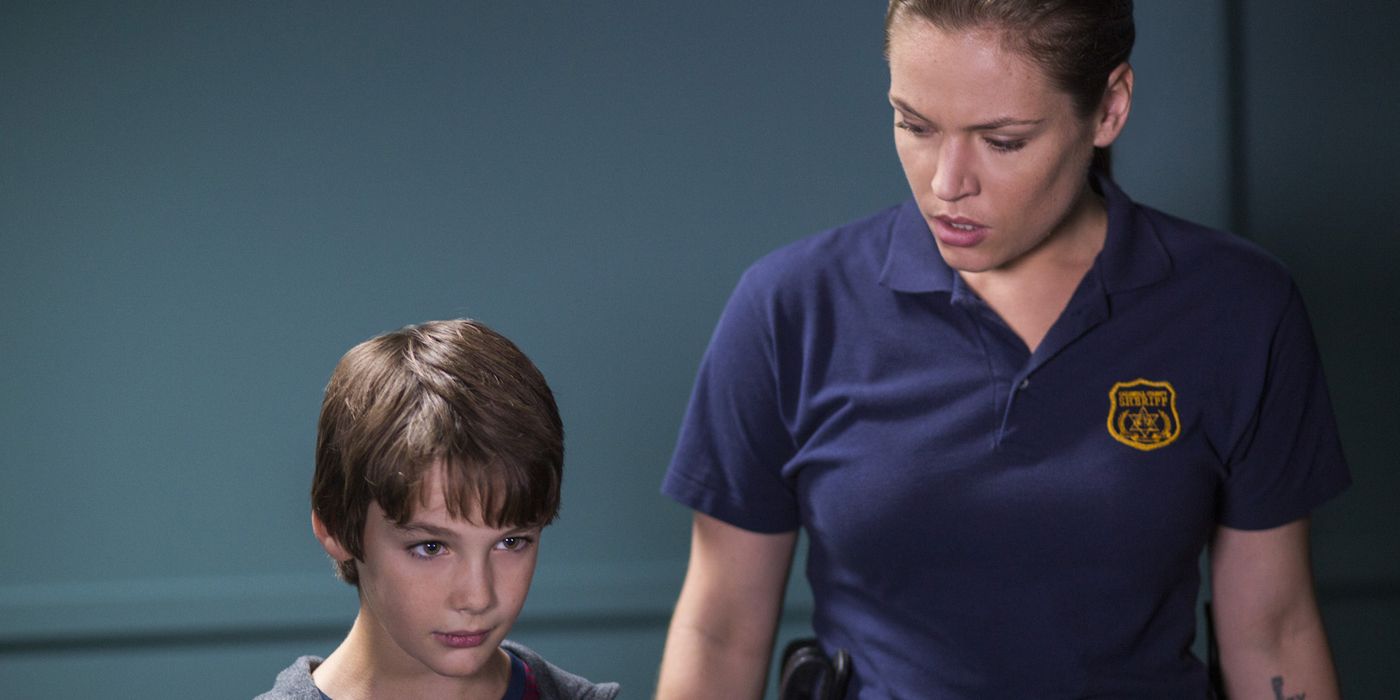
The Returned was created by Carlton Cuse of Lost fame, and it serves as an American remake of a French program called Les Revenants. It concerns a small town whose presumed dead and missing citizens mysteriously re-appear and attempt to integrate back into their old lives. While it received respectable reviews, The Returned was unfavorably compared to Les Revenants and was cancelled after just one season.





